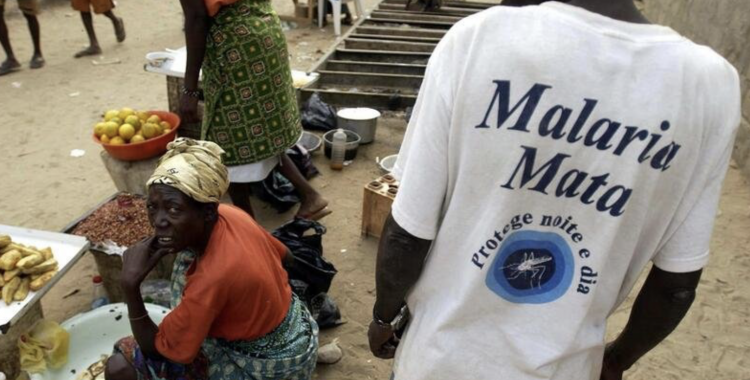The information is contained in an audit by the government agency USAID of the United States President's Malaria Initiative (PMI), which aims to combat malaria globally, especially in the 14 countries with the highest incidence, including Angola and Mozambique.
Since the PMI began in 2005, USAID has invested more than 9 billion dollars to help 27 partner countries combat the disease, with 795 million dollars allocated by the US Congress in 2024 for the control and elimination of malaria, taking into account the new strategy defined for 2021-2026 to prioritize the 14 countries with the highest incidence of malaria in Africa.
The objective of the audit, consulted by Lusa, was to determine to what extent USAID implemented the strategy and to determine whether the agency's resource allocation process resulted in changes in funding for the 14 countries – including the two Portuguese-speaking countries – with a high incidence of the disease.
The audit concluded that USAID funding allocations to the 14 high-burden countries in Africa remained stable, contrary to the strategy's intention to focus efforts on these countries rather than supporting the 27 partner countries equally.
These countries accounted for about 81 percent of all malaria deaths and cases in the 27 countries included in the PMI, but received only about 50 percent of USAID's malaria funding in fiscal year 2023—the same percentage they received in 2020 and 2021 under the previous PMI Strategy, which did not prioritize countries with high malaria burden (infection rates exceeding 20 percent of the population at risk).
The audit reveals that in fiscal year 2023, USAID received a budget increase of 20 million dollars over the previous year for malaria control and elimination activities, but none of the 14 high-burden countries received an annual increase in funding. In the case of Angola, there was even a decrease in budget allocation of 3 million dollars.
"This occurred despite the fact that at least four of the 14 high-burden countries declared the need for additional PMI funds to support or expand their malaria activities," the document highlights.
Instead, the agency used the funds for other PMI priorities, such as expansion into other countries, according to the auditors.
Malaria, the world's deadliest mosquito-borne disease, kills more than half a million people each year.
In 2023, four African countries – Nigeria (27 percent), the Democratic Republic of the Congo (12 percent), Uganda (5 percent) and Mozambique (4 percent) – accounted for nearly half of all cases worldwide, according to the World Health Organization.
Africa accounted for 95 percent of all malaria cases and 96 percent of deaths in 2022, according to USAID, the world's largest single donor, providing assistance ranging from women's health in conflict zones to access to clean water, treatments for HIV/AIDS and malaria, and energy security.
In the early days of his second term, US President Donald Trump suspended all international aid for 90 days, with the exception of humanitarian food programs and military aid to Israel and Egypt.







